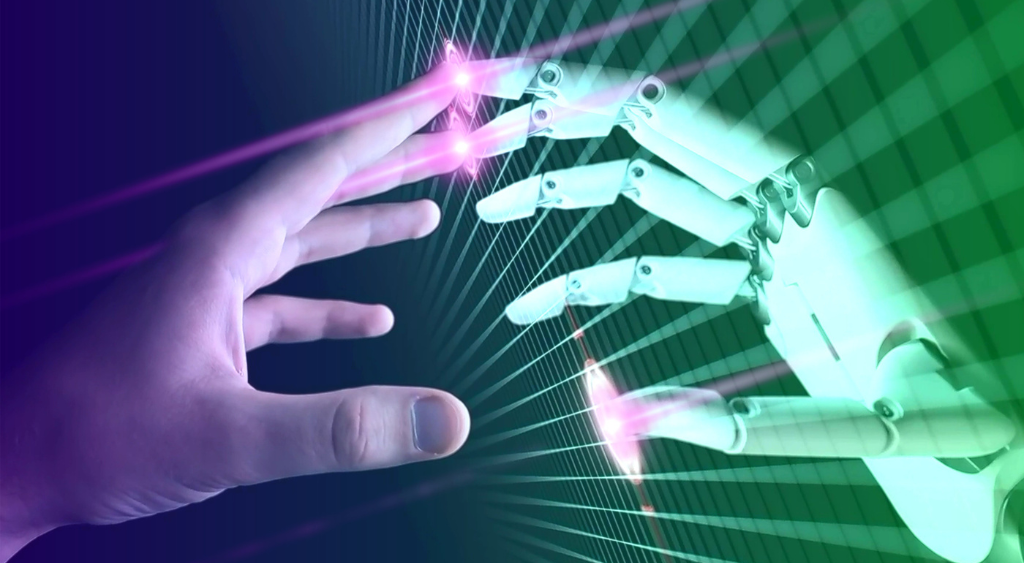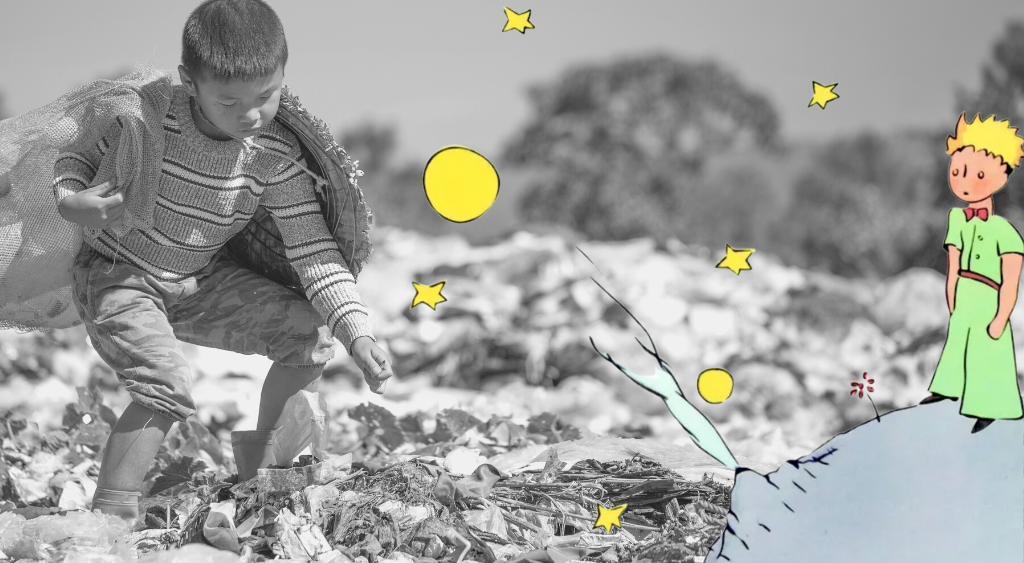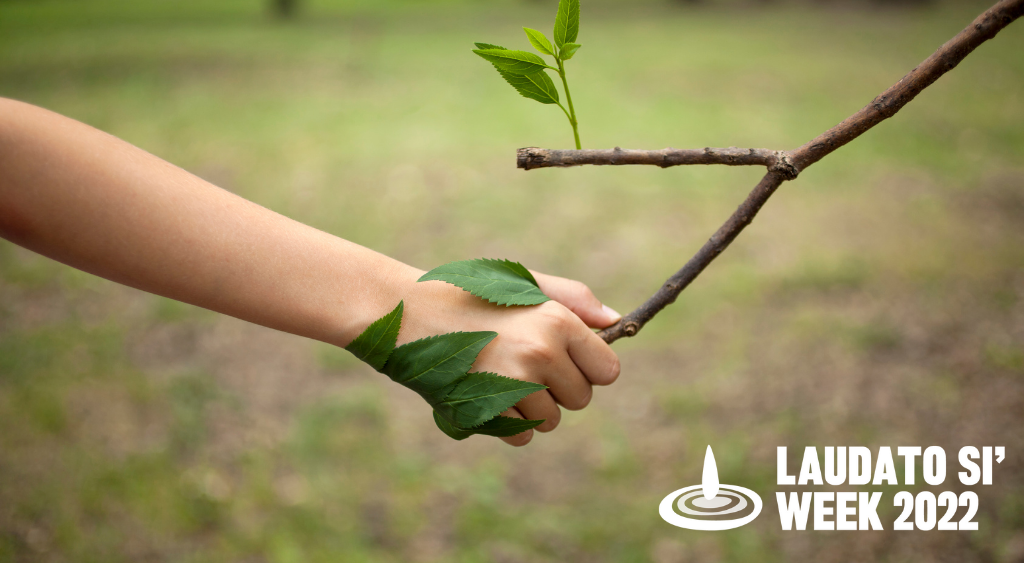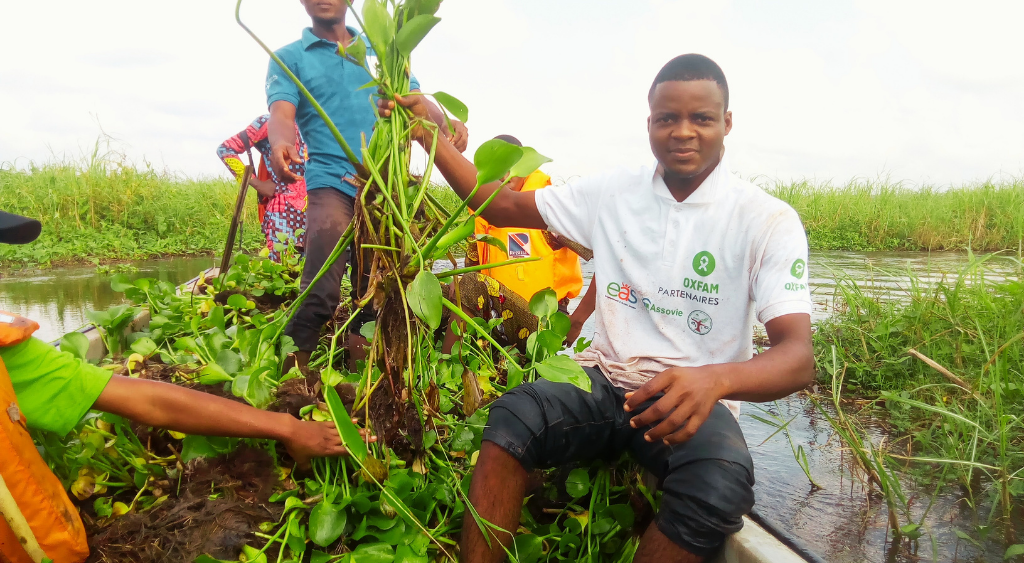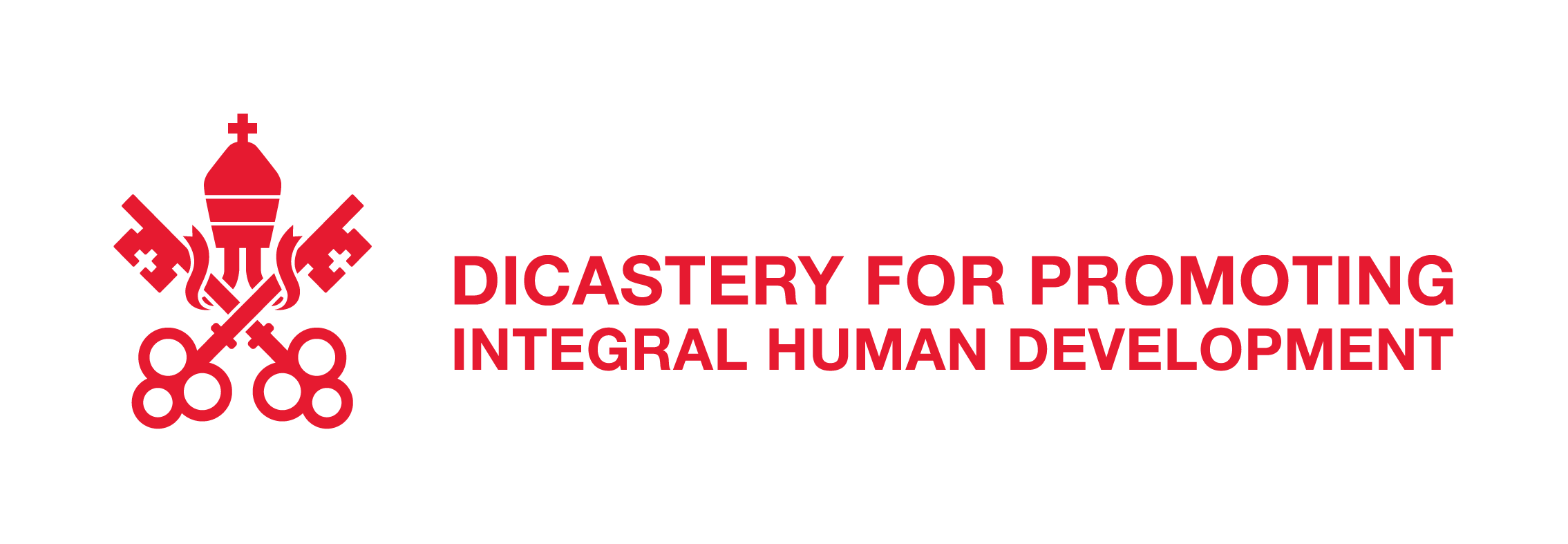3 economic ideas for a better future
As we get closer to our meeting in Assisi, I want to share with you a few words about some economic ideas that can build a basis on which we can think together about a new way of conceiving the economy. All three ideas are very well connected to Pope Francis’ writings and thoughts and are able to deal with our many contemporary challenges: the environmental crisis, high levels of inequality, precarious labor, political extremism and/or indifference.



